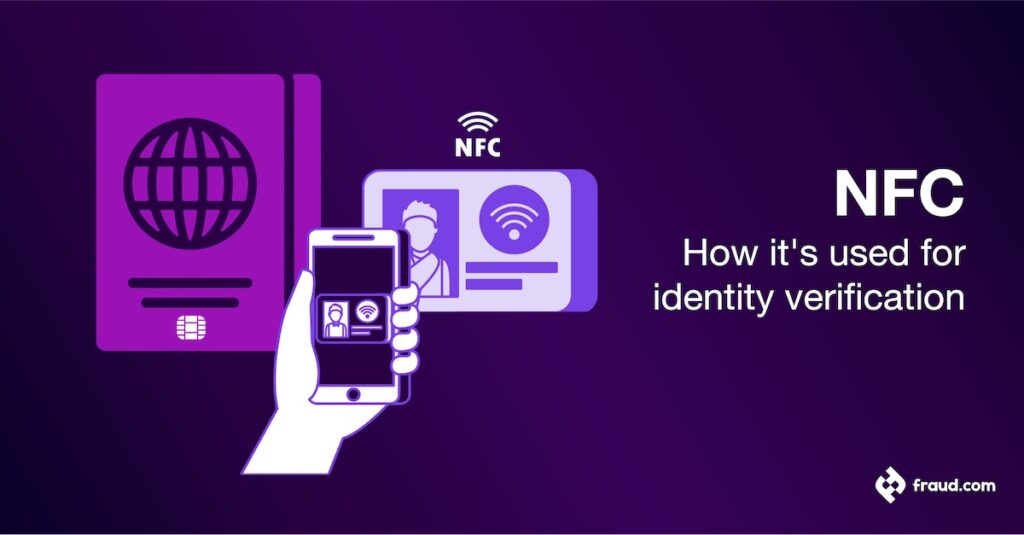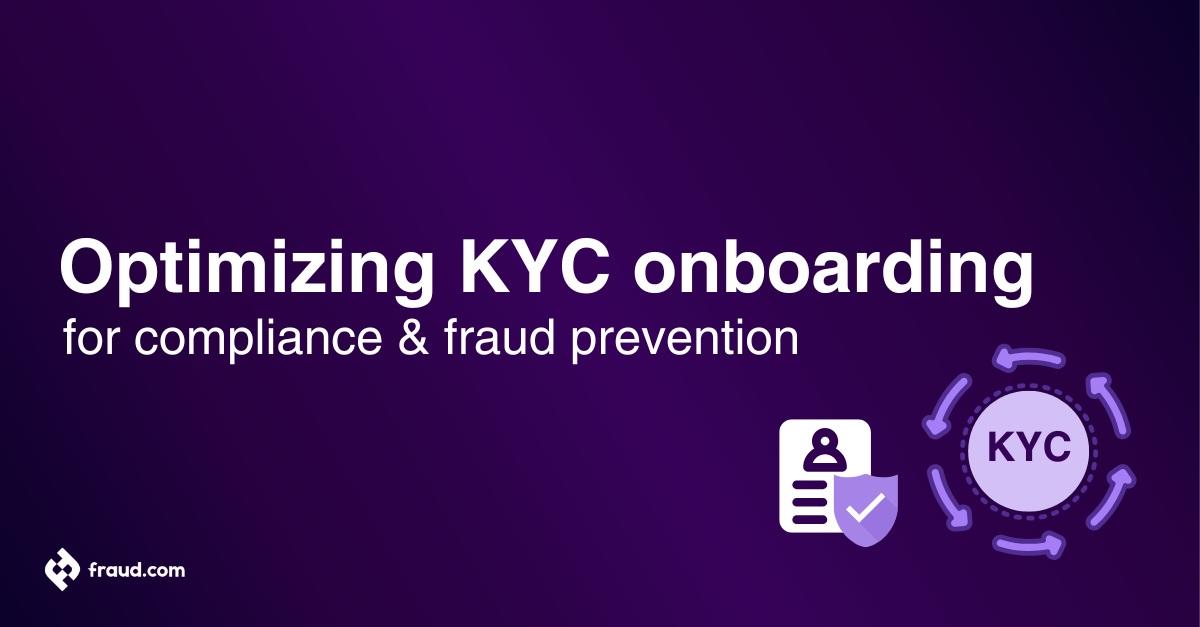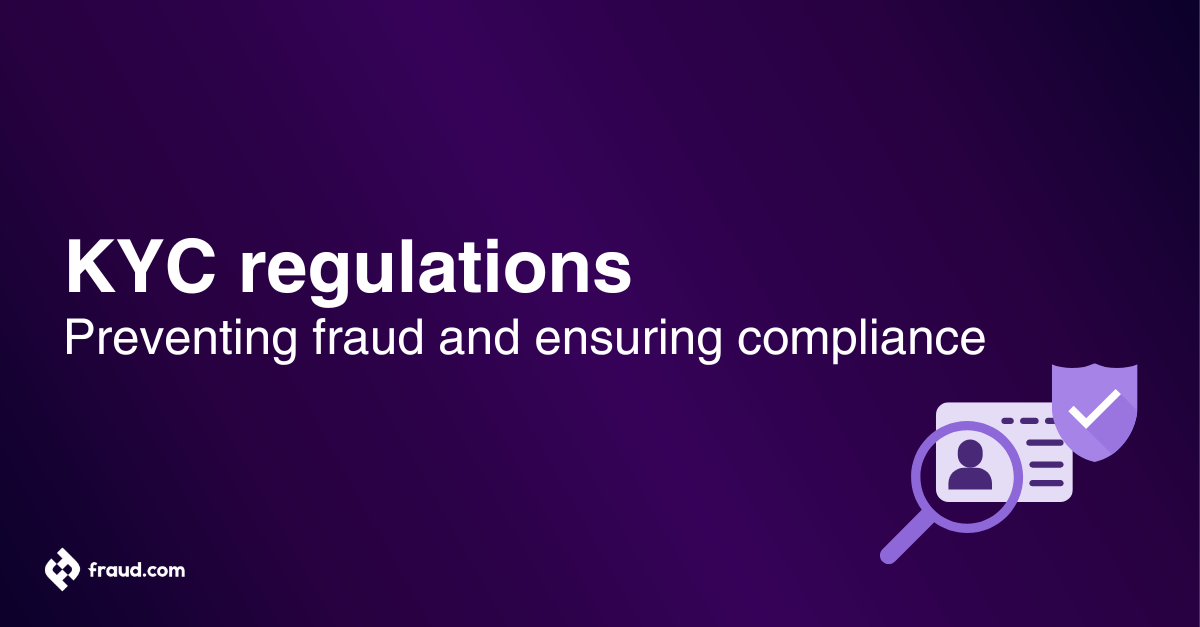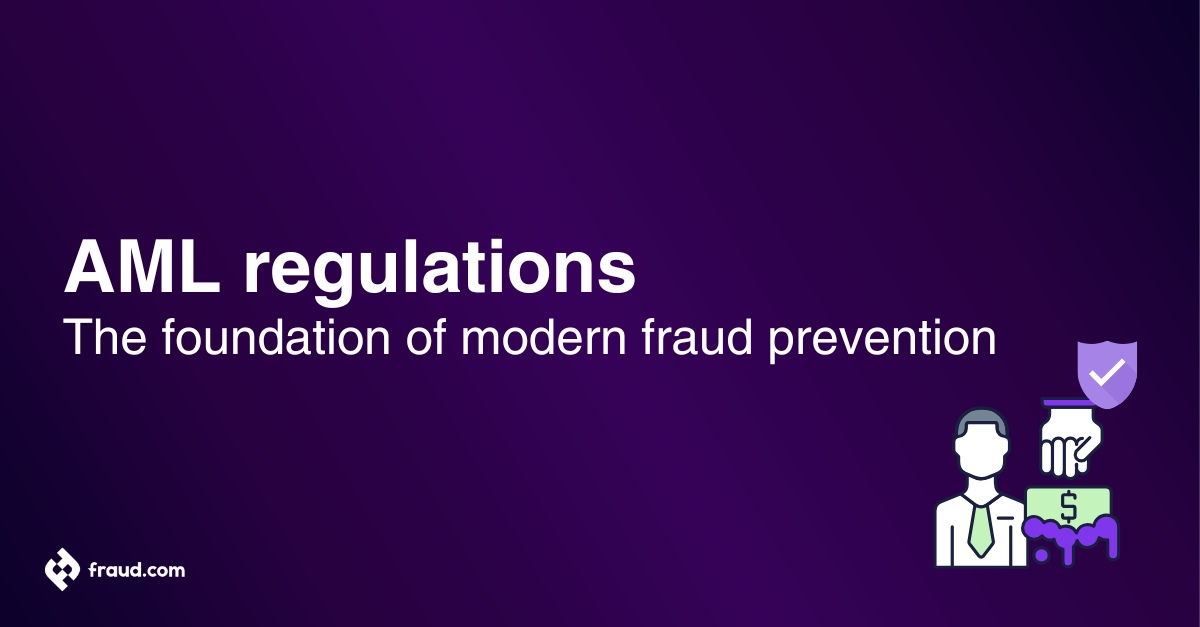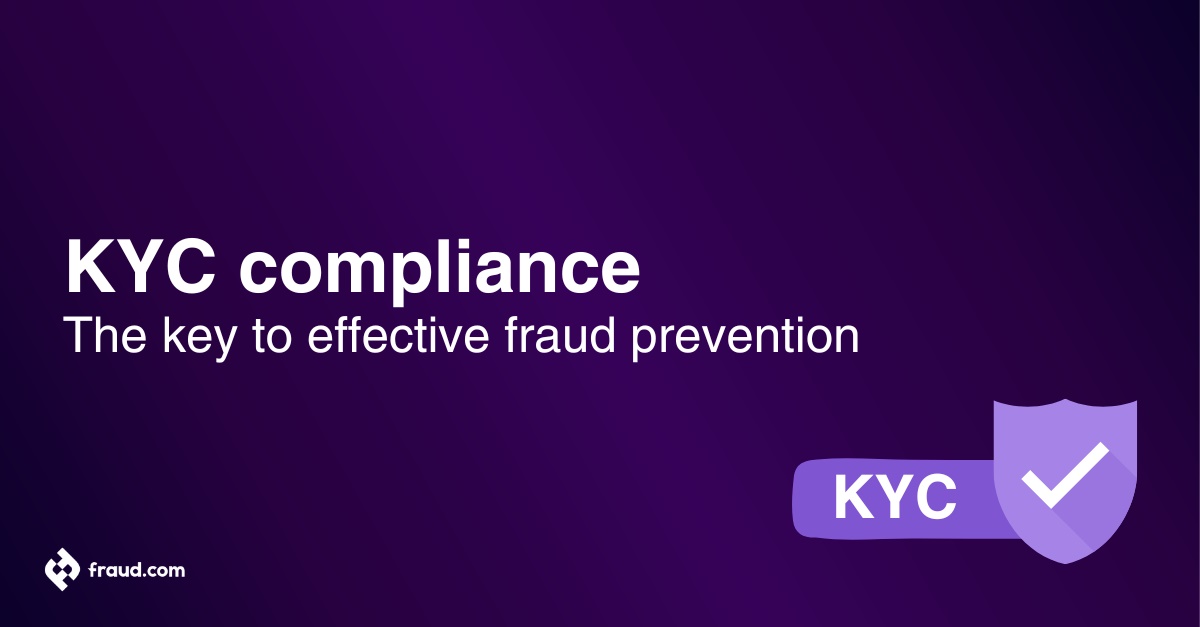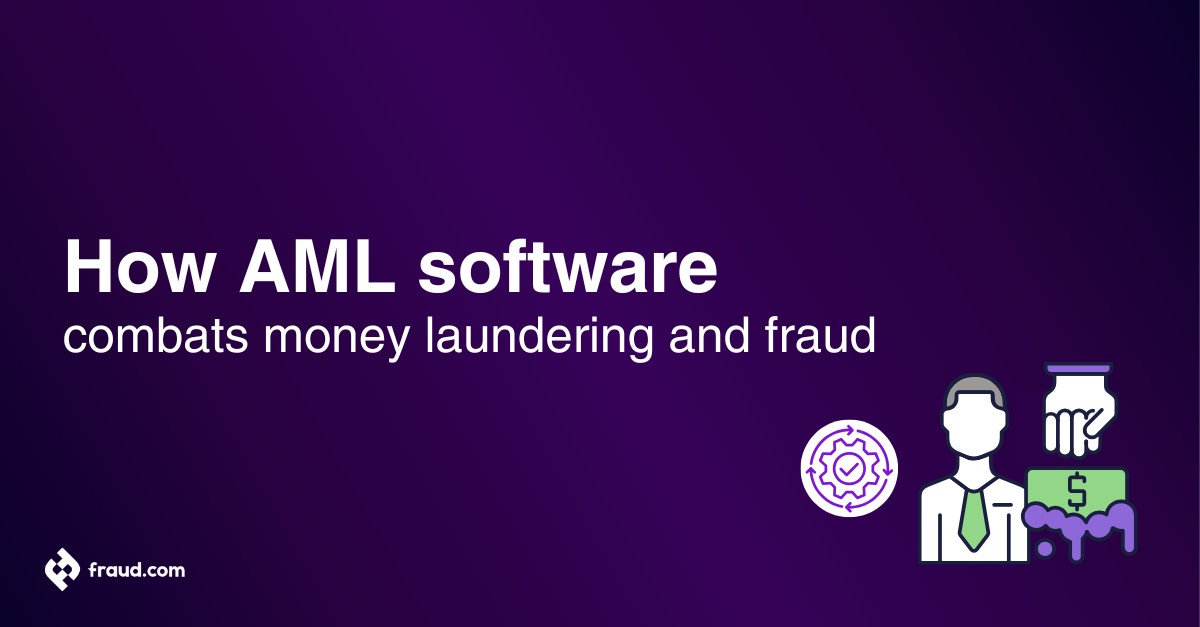Near Field Communication (NFC) is at the heart of contactless communication. NFC allows devices to share and extract data securely. In the fast-paced digital world, the quest for seamless and secure data transfer methods never ceases. NFC, a technology leveraging radio frequency, is a powerful solution to this problem. Bridging the gap between secure communication and ease of use, NFC is increasingly becoming the go-to technology for businesses worldwide.
Compact, secure, and versatile are attributes that summarise NFC’s value proposition for identity verification. It provides an efficient verification process that eliminates the requirement for physical touch, making it especially suitable for the current global situation. Additionally, it significantly enhances user experience, paving the way for frictionless customer interactions. This article will provide an in-depth view of NFC and its distinct role in ID verification, delivering insights valuable to anyone interested in stepping up their personal and professional identity verification processes.
Table of Contents
ToggleWhat is NFC?
NFC, or Near Field Communication, is a groundbreaking advancement in wireless technology that facilitates secure communication between devices within a close range of each other. By transmitting data over radio frequency, NFC allows a swift, user-friendly interface that brings about a fresh era of seamless connection and effortless exchange of information in our everyday activities.
It involves a pair of devices, typically a mobile phone and a terminal, where data can be exchanged by bringing these devices near each other. This simple action is embedded in an NFC or RFID chip that harnesses radio frequency to enable data transfer.
NFC-based ID verification uses this technology to read and authenticate information from identity documents, eliminating manual data entry and ensuring a real-time, secure verification flow. NFC technology is widely used in various applications, such as mobile payments, access control, and most pertinently, in the fast verification of identities, forever altering the landscape of remote customer onboarding and identity verification processes.
The evolution of NFC
The origination of NFC traces back to the 1980s, evolving to become an integral technology for digital interaction today by using a foolproof blend of radio fields and effective data extraction methods.
Building on its beginnings, incorporating NFC into mainstream technology has been a journey of continuous evolution. NFC has evolved from a developing technology to a widely present and integrated element found in numerous applications that we use in our everyday lives. Anchored on radio frequency, NFC technology transforms traditional devices like phones or ID cards into smart tools capable of real-time data extraction and secure transmission.
Its consistent progress carries the promise of better, more streamlined digital interaction in the future. With every technological leap, sophisticated NFC chips continue redefining what is possible, notably expediting and guaranteeing the security of sensitive tasks such as ID verification.
The role of NFC in identity verification
Today, NFC takes identity verification up a notch. It offers a secure mechanism for identity validation via an NFC-based ID verification process. By connecting NFC-enabled devices like smartphones or chip-based IDs, the verification flow becomes smooth and user-friendly. An ID document like an NFC-enabled passport is a pragmatic instance of NFC making identity verification more accessible and efficient.
In addition to those benefits, NFC’s application in identity verification also streamlines the process of scanning and validating identity documents. This is particularly relevant in high-security areas like airports and border controls, where chip-based IDs equipped with NFC technology can be scanned quickly, eliminating manual data entry. For the average consumer, NFC chips embedded in ID cards or driver’s licenses mean a more seamless user experience during customer onboarding or identity checks in various settings.
Its ability to instantly extract and process personal data in real-time significantly reduces the likelihood of human error and accelerates the verification process. As such, the invaluable role of NFC in identity verification cannot be overstated. Its implementation contributes to a secure, swift, and user-friendly environment, demonstrating why more institutions are adopting this technology in their operations.
Today, NFC is elevating the realm of identity verification. Deploying an NFC-based ID verification process, NFC provides a secure foundation for confirming identities. By harnessing NFC-enabled devices like smartphones, the flow of verification becomes streamlined and user-friendly. Identity documents offer tangible evidence of NFC’s potential to simplify and enhance identity verification.
Organisations can now accelerate the process of examining chip-based IDs by utilising NFC technology, which eliminates inaccuracies resulting from manual data entry. For everyday consumers, this equates to a smoother, more efficient user experience, whether they’re participating in customer onboarding procedures or submitting to identity checks. With NFC chips embedded within ID cards or driver’s licenses, a simple scan produces almost instantaneous results, extracting and processing personal data in real-time.
Therefore, the incorporation of NFC technology effectively reduces the potential for human error, likely due to its ability to rapidly extract and process information. This results in the streamlining of the verification process, ultimately providing a more seamless experience for the user. Our reliance on NFC in identity verification is evident, with its adoption fostering the creation of a more secure, efficient, and user-friendly verification environment. Unsurprisingly, an increasing number of institutions are turning to this transformative technology to strengthen their operations.
The use of NFC in combatting fraud
Encrypted data transmission, courtesy of NFC technology, acts as a firm barrier against identity fraud. NFC chips enhance secure authentication, lowering the risk of deceitful acts. A key example is the usage of NFC-enriched credit cards, a practical solution that places an extra layer of security, thanks to the necessity of short-distance verification.
Beyond that, NFC technology also lends itself to various other facets of identity verification, further strengthening its role in fraud prevention. The versatility of NFC chips means they can be embedded in a multitude of identity documents, from passports to employee ID cards. This provides an additional layer of security, ensuring that the personal data contained within these documents is verified and authenticated accurately, further streamlining the verification process.
NFC’s real-time capabilities are equally impressive, allowing immediate detection and reporting of any questionable verification attempts. These features, combined with the inherent security of close-proximity data transfer, make NFC a reliable tool in the armoury against identity fraud.
Furthermore, NFC technology innovatively captures verification data in the anti-fraud sector. The extraction and analysis of information become an integral part of the customer onboarding experience. NFC-powered platforms can document each step of a user’s interaction, creating a detailed footprint. This data can be critical in pinpointing activities that deviate from usual patterns, thus raising a red flag.
The ability to sustain high levels of encryption is an added benefit, maintaining the confidentiality of sensitive personal data while ensuring protection against attempted data breaches. This strategic combination of privacy and security makes NFC a preferred option, not just for companies, but also individuals seeking secure means of verifying their identities.
In essence, NFC’s efficacy in reducing fraud is multi-faceted. From facilitating secure transactions with NFC-based ID cards to supporting real-time fraud detection, NFC technology is proving to be an effective preventive measure against identity fraud. Its ability to provide immediate, reliable, and secure identity verification heralds a new era in anti-fraud systems, showing promise in combating the ever-evolving landscape of fraudulent threats.
NFC’s future in identity verification
NFC has promising potential in enriching identity verification methods. Growing along with the evolving threat of fraud, NFC will lead the way in secure, real-time data transmission and authentication, even as its usage broadens across sectors.
As we gaze into the future, the possibilities of NFC for identity verification seem more promising than ever. Advanced developments in NFC technology are set to revolutionise the way we verify personal data, slashing the time and effort required from both entities and consumers. Coupled with industry-forward cybersecurity measures, NFC holds the key to potential breakthroughs in rapid, real-time identity verification.
The industry’s faith in NFC is evidenced by increasing investment in this technology and its expanding implementation across vast sectors. The future of NFC sparks a promising picture where secure exchanges of sensitive data through NFC chips become the standard, rather than the exception. In the face of ever-evolving threats, it is clear that NFC will continue shaping the frontline defences of secure identity verification and anti-fraud tactics.
How decision-makers can leverage NFC for anti-fraud
Decision-makers are in a unique position to advantageously implement NFC technology in their organisations. Simplified integration and impressive security attributes make NFC a powerful tool in any anti-fraud strategy. Customer onboarding experiences of organisations like Apple and Samsung corroborate NFC’s worth in enhancing identity security.
Furthermore, the use of NFC technology not only improves security but also improves efficiency in the verification process. It eliminates the need for manual data entry, thus reducing human error and streamlining real-time identity verification. This improved efficiency can lead to not only enhanced user experiences but also cost savings, as less time and resources are needed for identity verification.
By integrating NFC technology into their operations, decision-makers can spearhead a transformative approach to identity verification and significantly bolster their organisation’s anti-fraud efforts. As a consequence, they would be providing a more secure, seamless, and enhanced user experience for their client base. Therefore, the adoption of NFC technology in the verification process can contribute significantly to overall customer satisfaction and trust in the organisation’s security systems.
Udentify: Leading the NFC-based identity verification
Udentify is a pioneering and innovative leader in the field of NFC-based identity verification. We develop cutting-edge solutions that harness the power and reliability of NFC technology. Our system ensures the secure sharing of personal data, enhances user experience and offers a swift verification process that streamlines customer onboarding. The significant reduction of fraudulent activities experienced by our clients lends itself to the power and efficiency of NFC.
At Udentify, we recognise the importance of getting to know your customers – from users, employees, and business partners, to patients, students, players, and gamers. In order to do so, we use an advanced biometric identity suite. This uses AI facial and voice recognition and passive liveness detection, offering an unparalleled anti-spoofing identity and reusable biometrics solution operating across mobile, web, and telephone channels.
Our solutions simplify and safeguard the whole transaction lifecycle, eliminating friction and potential fraud. We believe strong security does not have to come at the cost of a user-friendly experience. Therefore, we offer effortless passwordless authentication loved by users and loathed by fraudsters.
With Udentify, only you can access your services through a simple scan of your face, spoken words, or both together for ultimate secure authentication. It is fast, frictionless, and more cost-effective than traditional, less secure password systems.
We encourage you to augment your onboarding processes, reduce manual data entry errors, and significantly boost your anti-fraud measures by integrating Udentify’s advanced NFC identity verification solution. Udentify emphasises a safer, more efficient future for digital identity verification.

